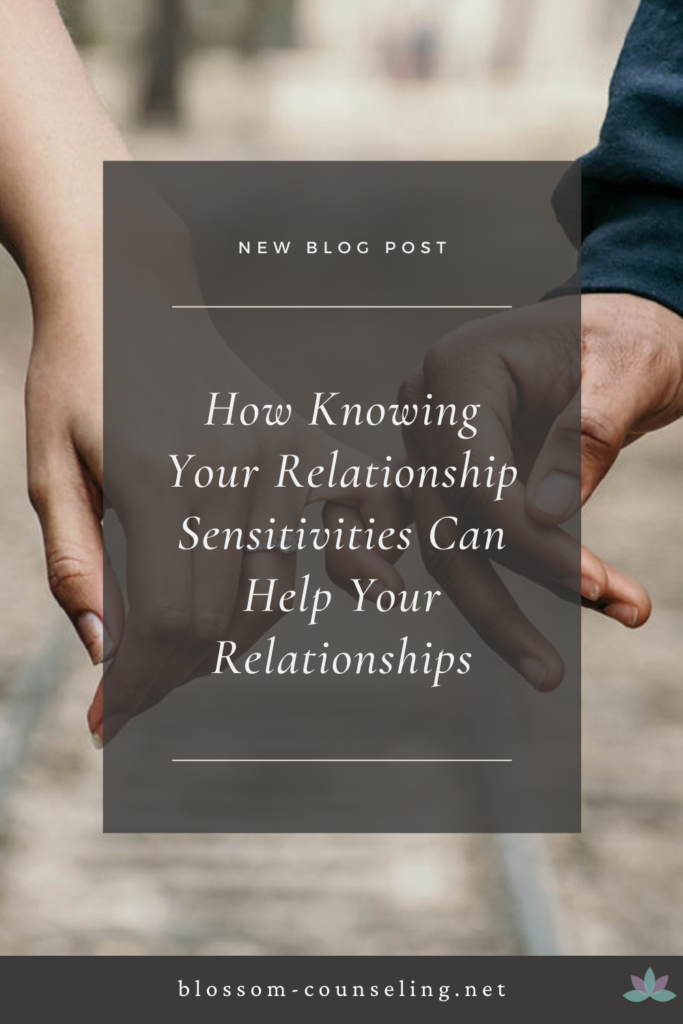
In the labyrinth of adult life, amidst career climbs, family obligations, and the personal quest for self-improvement, friendships often take a backseat. Yet, these connections are the spice of life, offering laughter, support, and a break from the monotony of everyday responsibilities. Managing adult friendships is an art form that requires intention, understanding, and a bit of creativity.
The Evolution of Friendship in Adulthood
As children, making friends seemed as simple as sharing a sandbox. In adulthood, the sandbox gets bigger, but our time in it becomes limited. Friendships evolve from spontaneous playdates to scheduled catch-ups, reflecting the changing dynamics of our lives. Recognizing this shift is crucial. It’s about quality, not quantity. Cherishing those few close friendships becomes more fulfilling than a wide circle of acquaintances.
The Key to Keeping Connected
In the age of digital communication, staying in touch has never been easier—or more impersonal. The key to maintaining adult friendships is intentional communication. This means going beyond liking social media posts to sending a thoughtful message or making a phone call. These small acts of consideration remind our friends they’re valued beyond the digital realm.
Balancing Act: Friendships and Life’s Responsibilities
Juggling adult responsibilities with maintaining friendships is a delicate balancing act. The trick? Integration. Combine social time with daily activities. Gym buddies, book clubs, or cooking groups allow you to multitask without sacrificing social interaction. It’s about making the moments count, even if they’re few and far between.
Conflict Resolution: Navigating Rough Waters
Disagreements and misunderstandings are inevitable, even in the strongest friendships. Addressing conflicts with honesty and empathy is paramount. Open, non-judgmental communication can turn conflicts into opportunities for growth, strengthening the bonds of friendship.
The Magic of New Friendships
The beauty of adult friendships lies not just in maintaining old ones but in the thrill of making new connections. Joining clubs, attending workshops, or volunteering can open doors to meeting people with similar interests. Each new friend brings a unique perspective, enriching our lives in unexpected ways.
Self-Reflection and Personal Growth
Friendships are mirrors reflecting our growth, changes, and the different phases of our lives. Sometimes, friendships fade, not due to conflict but because of life’s natural progression. It’s essential to reflect on what each friendship brings to your life and to understand that it’s okay to let go if the relationship no longer serves your well-being.
Nurturing Friendships: A Mutual Effort
True friendships withstand the test of time and life’s changes when nurtured by mutual effort. It’s about celebrating successes, offering a shoulder during tough times, and simply being present. Remember, friendships are a two-way street; the effort you put in is often reflected back.
Final Thoughts
In the whirlwind of adulthood, friendships are the anchors that keep us grounded. They require effort, understanding, and a bit of creativity to maintain, but the rewards are immeasurable. Through the ups and downs of life, it’s our friends who add color to our days, challenge us to be our best selves, and stand by us, offering a sense of belonging in this vast world.
In the end, managing adult friendships isn’t just about preserving bonds from the past; it’s about continuing to weave the rich tapestry of our lives with threads of connection, support, and shared joy. Remember, the door to making and sustaining friendships is always open; it just requires a bit of intention to walk through it.
|
|



